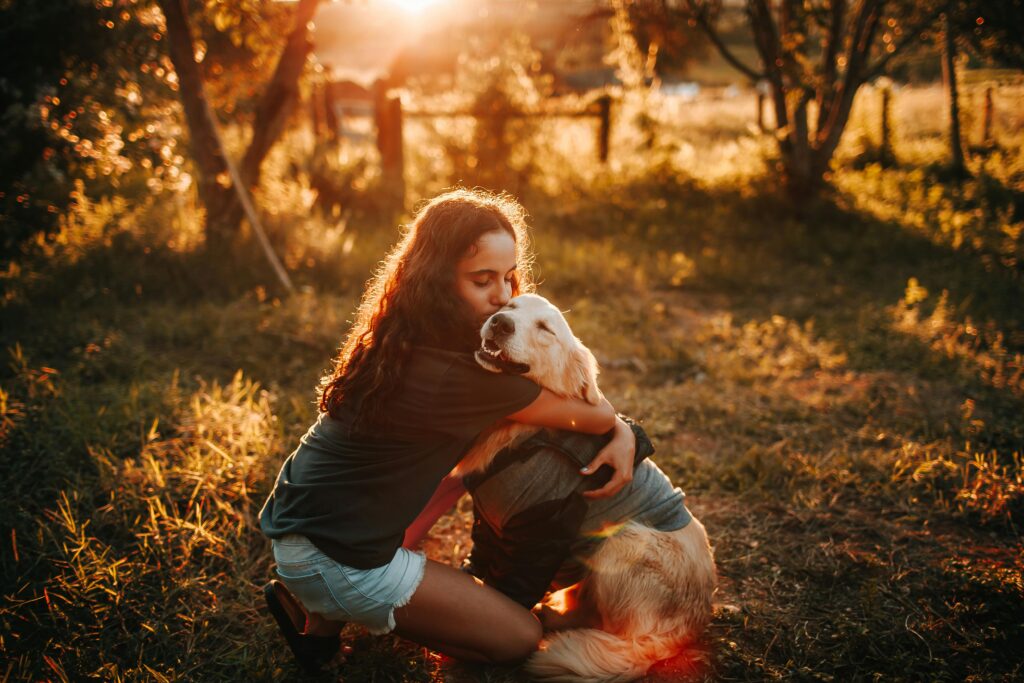Fostering a dog is an incredible way to make a difference in the life of a rescue animal.
If you’re feeling unsure about where to start, that’s completely normal. You might be asking yourself, “How does fostering a dog work?” or “Is fostering a dog free?”—doing your research is the perfect first step. And you’re in the right place.
After deciding to foster, your next step is choosing a rescue to work with. Rescues come in all shapes and sizes—some focus on puppies, others specialize in senior dogs or specific breeds, and each operates differently.
To make your fostering journey smooth and rewarding, it’s essential to ask key questions and understand what’s expected of you.
Some rescues may have this information on their website, but if not be sure to find out the answers to these 7 essential questions before your foster:
- What are the expectations of their fosters?
Every rescue has different rules for fostering dogs. Some might ask you to help with training, send regular updates about the dog, or assist with finding an adopter. Be sure to communicate your expectations too—especially if you’re fostering a dog when you already have one or more. Clear communication ensures a positive experience for you, the rescue, and the foster dog. - What will they provide?
A common question for first-time foster parents is, “Is fostering a dog free?” The answer depends on the rescue. Many dog fostering programs provide essentials like food, crates, toys, and medical care, but others may expect you to cover certain costs. For example, I’ve seen rescue organizations that required the foster to cover grooming costs (nail trim and bath). Understanding what’s provided will help you plan your budget and ensure the dog has everything they need. - Will you take the foster dog to the vet?
Vet care is a key part of fostering. Ask if you’ll need to transport the dog to appointments and where the designated vet is located. - Will you have to attend adoption events?
Some rescues require foster parents to bring their foster dogs to adoption events. These events are a great opportunity for potential adopters to meet the dog. But, if you have a busy schedule, find out how often these events occur and whether participation is mandatory. - Approximately how long does it take for a foster to get adopted and how does the adoption process work?
Ask the rescue about how long on average you’ll likely foster a dog and what the adoption process looks like. Some rescues may want you to care for the dog until they’re adopted, while others might have specific foster time limits that they abide by, for example you may foster a dog for only one month. Understanding this process will help set realistic expectations for your fostering journey. - How do they handle a foster dog that isn’t a good fit?
Even with the best intentions, not every foster situation works out. If the dog has behavioral challenges or doesn’t get along with your family or other pets, ask the rescue how they handle it. Knowing their policies will ease concerns. - What happens if you want to go on vacation?
Life doesn’t stop when you’re fostering. If you need to go on vacation or take a short trip, ask the rescue about their policies. Will they arrange temporary care, or are you expected to find someone to watch the dog? Planning for these situations ensures the dog’s care remains uninterrupted.
When you foster a dog you provide love and care to a dog in need, gain companionship, and directly contribute to their journey toward finding a forever home. You also benefit rescue organizations—they can save more lives with the help of foster families like you. Fostering also frees up space in shelters and gives dogs a loving environment to heal and prepare while they wait for their forever home.
However, it’s important to weigh the pros and cons of fostering a dog. While it’s fulfilling, it also requires time, effort, and sometimes emotional resilience when it’s time to say goodbye.
Remember, every dog fostering program is different, so take the time to choose a rescue that aligns with your lifestyle and values.
Whether you’re fostering a dog for the first time or considering it, this guide will help you make an informed decision.
